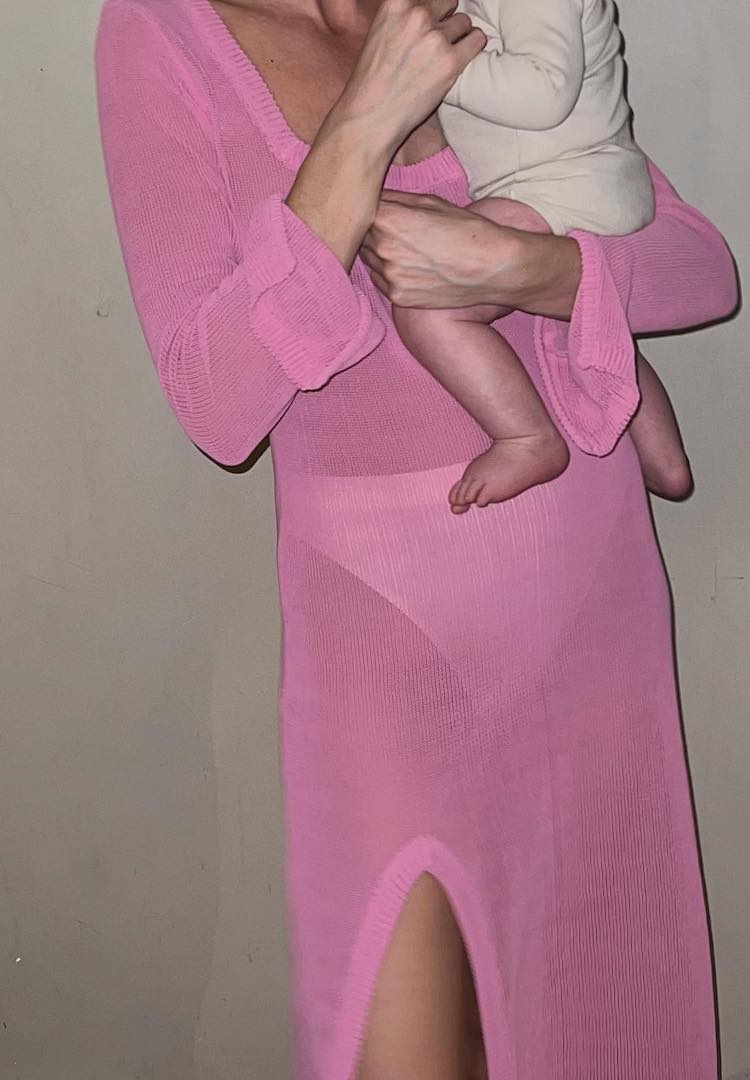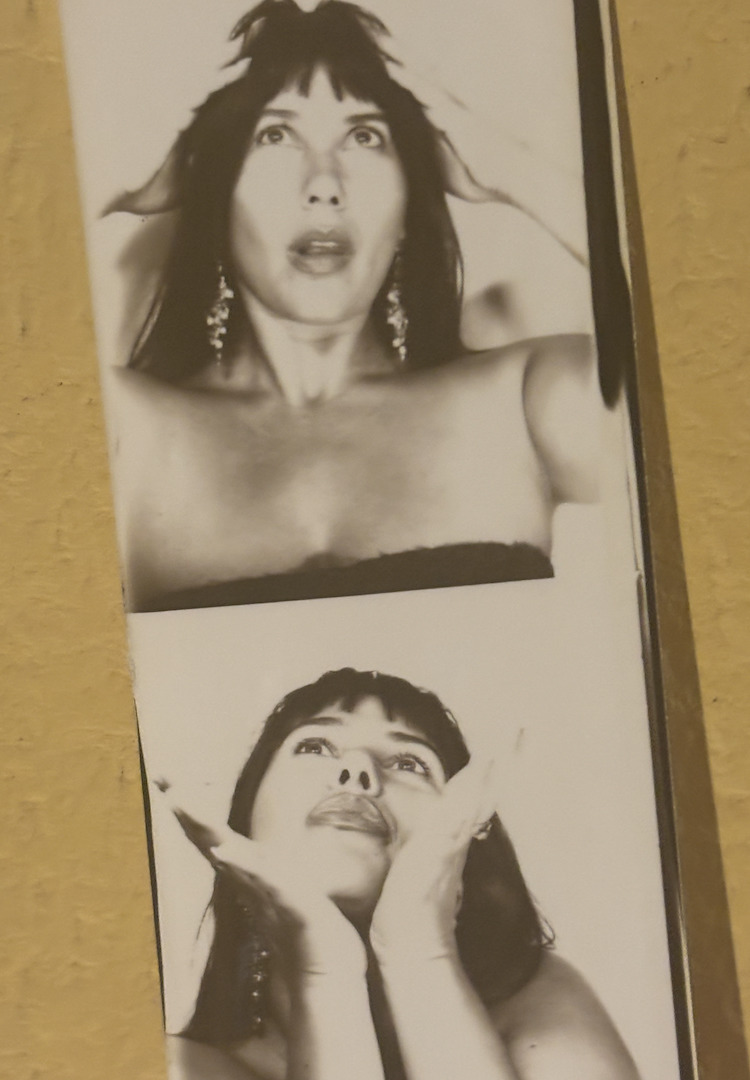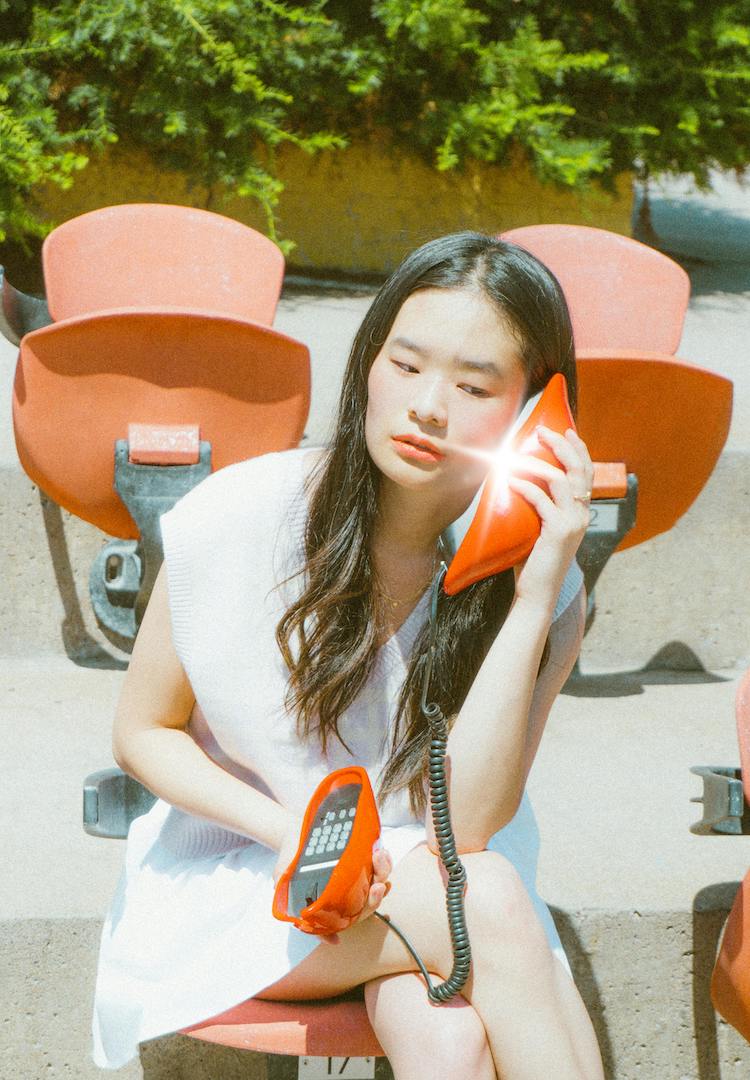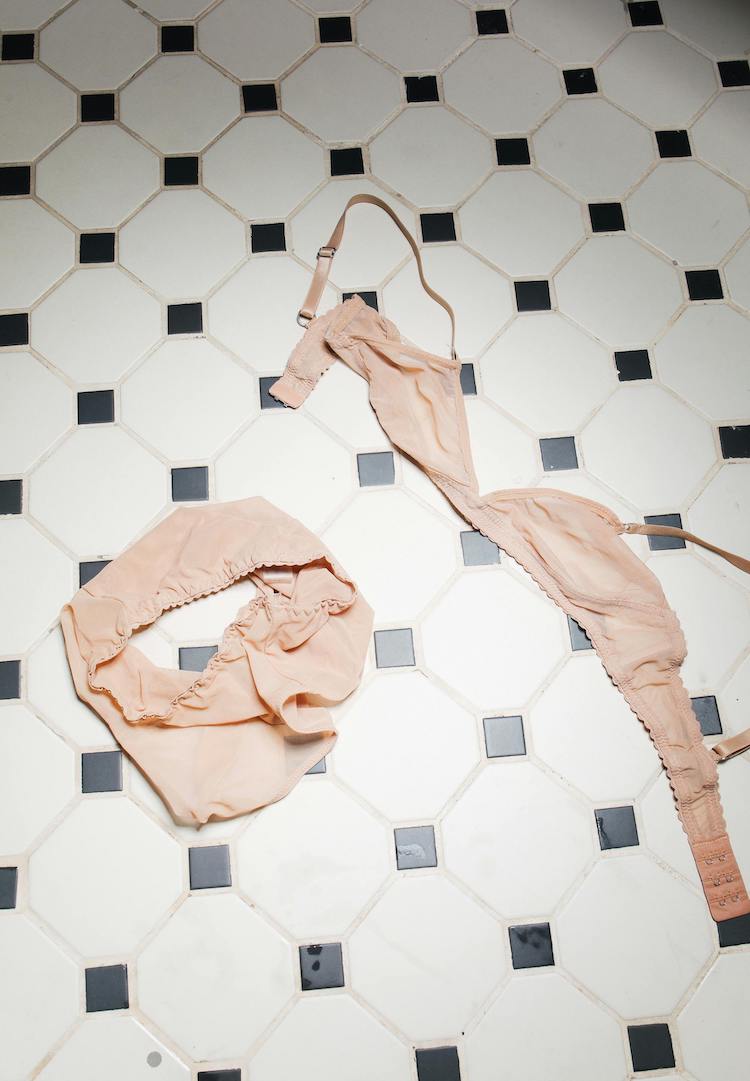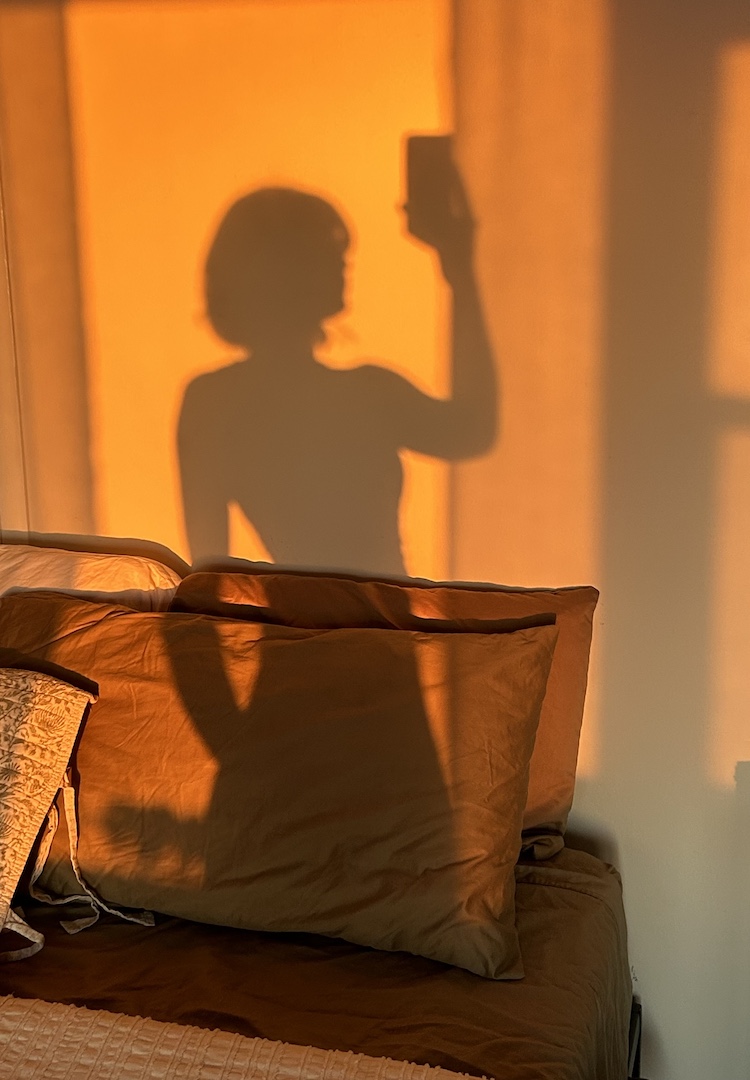I wrote a book on porn, here’s what I learnt during my research
Words by Zahra Stardust
“Anyone with a smartphone is a potential pornographer. This means we all need to be involved in creating ethical cultures for sexual image sharing.”
This is an edited extract from Indie Porn: Revolution, Regulation and Resistance by Zahra Stardust out now from Duke University Press. Copyright Duke University Press, 2024. Find a copy here.
I had zero experience in film when I made my first porno, I made everything up as I went along. I followed the advice of savvy sex workers, borrowed equipment from lovers and filmed myself masturbating in my ex’s garage.
I did, however, know a few things about the law. I had learnt at uni that judges did not have high opinions of sex workers. I was told in a law firm that they found low-cut blouses ‘distracting’. As a policy advisor, I discovered that politicians were no better – they frequently used porn as a political scapegoat whilst insisting they never watched it in their personal life.
For more content like this, tap through to our Life section.
Obsessed with this massive disconnect between the people who make pornography and the people who regulate it, I decided to go in deep and start a PhD. A decade later, here are some of the key takeaways I’ve learned from my exhibitionist adventures.
Firstly, no-one agrees on what pornography actually is
‘Pornography’ isn’t a very useful term. Even the US Supreme Court Judge Potter Stewart famously could not define pornography, but maintained, ‘I know it when I see it!’.
The term is often used to describe sexually explicit material that is intended to arouse, but even this is vague. What is sexually explicit? What about material that isn’t intended to arouse but still does, like images of feet?
These kinds of definitional issues have led to all sorts of classification problems for films and DVDs (I even had my labia airbrushed from a magazine to make it appear more ‘discreet’). Now with online content, algorithms are charged with the task of identifying what counts as ‘sexually explicit,’ ‘sexual solicitation’ and ‘nudity’.
As you can imagine, this has caused even more problems, with sex education and LGBTQ+ content being disproportionately removed from social media, and algorithms trying to guess the gender of people’s nipples.
The porn you love exists somewhere (and if it doesn’t, you can make it)
Porn is often represented as a giant, monolithic industry but behind this are countless different people and projects. Technology often influences what porn look likes, from home video and gonzo to virtual reality and AI-generated porn.
You can find feminist pornographies that foreground women’s subjectivity, queer pornographies that defy gender and sexuality binaries, ecosexual pornographies that celebrate environmental activism and post-pornographies that interrogate the category of pornography all together.
We’re at a unique time when the kinds of people producing pornography have become increasingly diverse. Since the onset of the Covid pandemic, there’s been an influx of new performers on sites like Only Fans.
People make porn for so many different reasons – some are looking for creative, flexible labour and alternatives to ‘straight work’. Some are trying to navigate the cost-of-living crisis, the shortage of rental properties, or exorbitant student fees. Some already experience racial, gendered or disability fetishisation and decide to capitalise on this.
Others are queer artists looking to document subcultures on film, or professional sex workers who are looking to diversify their income stream. Some are dissatisfied with what they find on the market, so take the bold step to make porn themselves!
The porn ecosystem is dominated by tube sites, and governments tend to make things worse
Despite the proliferation of DIY and amateur content, it can be hard to find indie porn content. Tube sites like Pornhub monopolise distribution, many small platforms are buried in search engine results, performers of colour have their profiles suppressed by racist algorithms, and much queer content is against the terms of use of various platforms.
Porn performers are frequently de-platformed and shadow-banned on social media, making it impossible to advertise. They experience repeated financial discrimination, not being able to open bank accounts or having their funds frozen or stolen. All of these things impact the kind of pornographies that are visible and audiences’ likelihood of finding them.
Many of us are already pornographers
Pornography is not something that’s outside society or culture. Many of us create and share explicit media as part of our personal lives, including through sexting and hook-up apps.
If you’ve ever taken a nude and sent it to a lover, you may have considered many of the issues porn performers do on a commercial basis, like how will that image be stored, and what happens if it gets leaked without your consent? Anyone with a smartphone is a potential pornographer. This means that we all need to be involved in creating ethical cultures for sexual image sharing.
Porn literacy can help to combat porn stigma
We are all impacted by how our society treats pornography, whether you’re a young adult looking for affirming content, a parent trying to find the vocabulary to broach the subject, a porn performer trying to access justice, or someone who has been ‘deepfaked’.
Because porn stigma is so pervasive, ‘porn literacy’ is an essential first step to unpack and make sense of pornography. I don’t mean the slut-shaming, victim-blaming education that teaches women, ‘don’t take nude selfies!’ or ‘blur your tattoos so no-one knows it’s you!’ Or the porn literacy that teaches people that only heteronormative kinds of sex, bodies and practices are realistic or healthy.
I mean we need porn literacy that dismantles whorephobia and teaches people how to treat intimate images with care and respect. We need porn literacy that equips people with an understanding of the media environment, the political landscape and the labour behind the scenes.
I didn’t know enough about the porn ecosystem when I started making content. Porn literacy is not just for young people. It’s also for parents, for journalists and for politicians.
Dr. Zahra Stardust is a sexuality scholar, lawyer and human rights advisor working in the field of sexual health, rights and justice. Her book Indie Porn: Revolution, Regulation and Resistance builds on her 15 years as a professional undresser, award-winning stripper, pole dancer and porn star. Keep up with her here.



